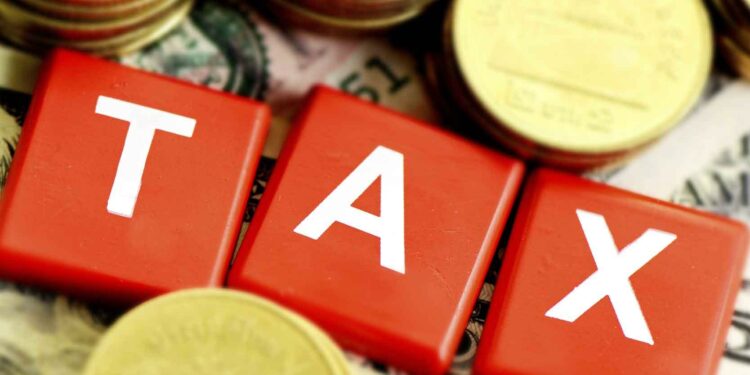GRA boss defends Authority’s tax assessment of multinationals
The Ghana Revenue Authority (GRA) has come under scrutiny in recent weeks over its tax assessment exercises on businesses and multinational companies operating in the country. The Commissioner-General of the GRA, Reverend Dr. Ammishaddai Owusu-Amoah, has maintained that the authority stands by its assessments, which are routine exercises conducted before being published.
However, the authority recognizes that companies have the right to object to specific exercises conducted by the GRA, as stated by Dr. Owusu-Amoah. He emphasized that every taxpayer has the right to seek redress if they are not satisfied with the work done by the GRA. The Tax Appeals Board is in place to address grievances of all companies, and businesses are encouraged to explore all measures before turning to court if they are not satisfied.
The recent developments on MTN Ghana and Tullow Oil have put a spotlight on the GRA’s assessment exercises. MTN Ghana announced that the GRA had dropped an ¢8.2 billion tax assessment imposed on the company following extensive and productive discussions during a negotiation period. While the GRA declined to discuss specific cases of companies in public, Dr. Owusu-Amoah assured the public that every work done by the GRA on tax assessments was done professionally.
Despite the GRA’s stance, some companies have accused the authority of harassment. Dr. Owusu-Amoah rejected these accusations, stating that the authority’s mode of collecting taxes, including distress exercise to check the implementation of the e-VAT, has been a routine exercise conducted by the authority in the past. The GRA’s actions are not considered as harassment of businesses but are measures to ensure compliance with tax laws.
The issue of tax assessment exercises is not unique to Ghana. Many countries, especially those with emerging economies, face challenges in balancing the need for revenue with the interests of businesses. However, the GRA’s willingness to engage in discussions with companies and its recognition of the right to seek redress show a commitment to transparency and accountability.
Furthermore, the GRA’s actions are critical to the country’s economic development. Tax revenues are a vital source of funding for the government’s development projects, including infrastructure, education, and healthcare. Ensuring compliance with tax laws is essential to maintaining the country’s financial stability and improving the lives of its citizens.
The GRA’s tax assessment exercises on businesses and multinational companies operating in Ghana are routine exercises conducted before being published. The authority recognizes the right of companies to object to specific exercises and has the Tax Appeals Board in place to address grievances. Recent developments with MTN Ghana and Tullow Oil show the importance of engagement and negotiation in resolving tax assessment issues. The GRA’s mode of collecting taxes is not considered harassment of businesses but is essential to ensuring compliance with tax laws critical to the country’s economic development.









